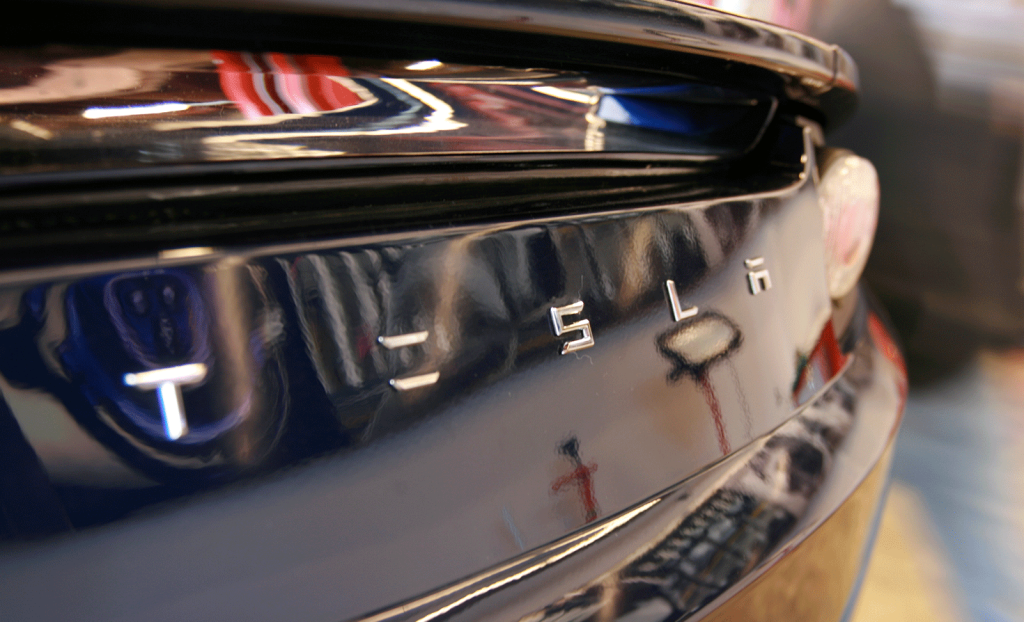Tesla benchmarks its carbon impact for the first time
Electric vehicle firm's first-ever sustainability report outlines carbon impact of operations for the first time, but admits there's 'still much to be done.' Read More

Tesla has revealed its carbon impact for the first time as part of its inaugural sustainability report (PDF), but the electric vehicle giant is still yet to set specific targets to bring down its carbon emissions, energy demand and water use.
In the new report, released last week, Tesla said it is directly and indirectly responsible for 282,000 metric tonnes of carbon released every year across its facilities, energy operations, logistics and charging network, according to 2017 data.
It marks the first year for which Tesla has quantified its baseline emissions, which it said it will use to set specific targets to drive down its greenhouse gas footprint on a per-product basis. The firm already has promised to run its operations on 100 percent renewable energy, but has not set a target date for achieving the goal.
“While the everyday use of Tesla products by consumers has by far the biggest environmental impact, we also care deeply about operating our business and manufacturing our products in a sustainable way,” the company said in the report. “Tesla has expanded its global manufacturing, charging, sales and service footprint rapidly in recent years. Keeping track of our various operational impacts allows us to implement efficiency improvements that simultaneously reduce our impact on the environment and lower operational costs.”
Tesla also failed to provide data on its water use or waste levels across its operations, although it did report that it is working on a recycling system for old batteries.
The report largely focused on the reduced environmental impact its products boast compared to traditional alternatives. For example, the 550,000 electric vehicles (EVs) it has sold to date have been driven 10 billion miles, saving more than 4 million metric tonnes of CO2 compared to an internal combustion engine.
Meanwhile, it said its Supercharger network has delivered more than 595GWh of energy to date, saving more than 75 million gallons of petrol and diesel — enough for a passenger car to make 290,000 round trips from Los Angeles to New York.
“By design, Tesla’s products are sustainable, and we’re working hard to build them in a sustainable way too,” the firm said. “As we grow and prove to the world that a business rooted in sustainability can also be successful, we will continue to improve our processes and report on our progress in future Impact Reports.”

Subscribe to Trellis Briefing
Featured Reports

The Premier Event for Sustainable Business Leaders















